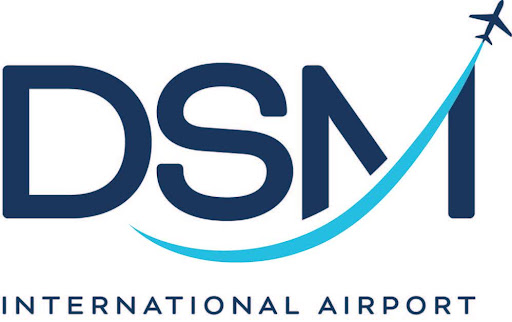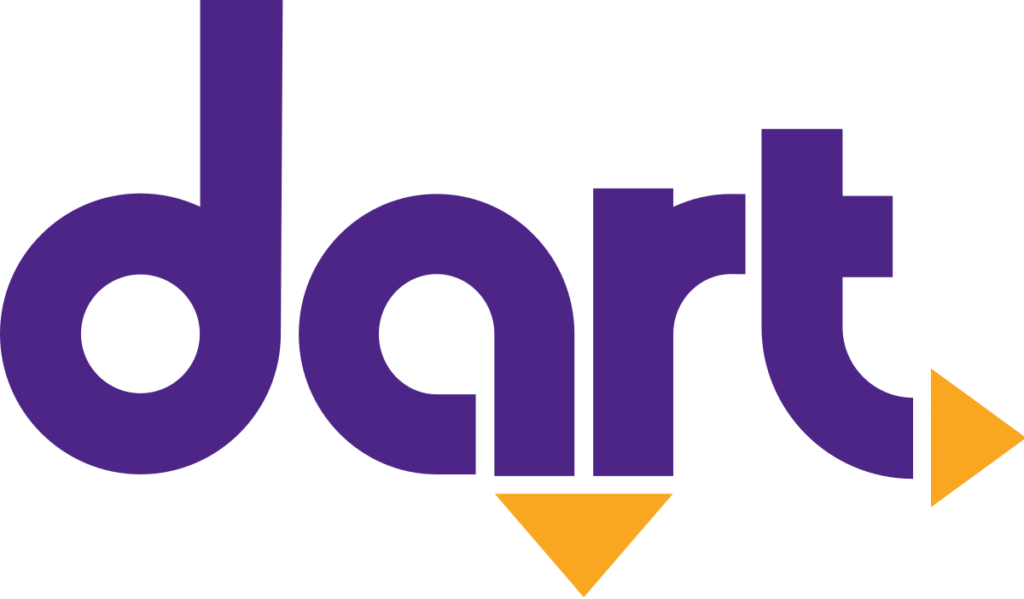DART faces budget challenges for FY2012

The Des Moines Area Regional Transit Authority (DART) unveiled its final fiscal year 2012 budget at a public meeting on Tuesday, where it projected a $1.35 million budget gap.
Assuming no changes were made at the meeting, which took place after press time, here is a look at some of the highlights of the DART budget.
• Revenues are anticipated to increase to $22 million, up 1.5 percent from the adopted FY2011 budget.
• Expenses are anticipated to increase to $23.36 million, 8.7 percent above the adopted FY2011 budget and 9.2 percent greater than updated projected expenses for 2011. The growth is due to a 25 percent predicted increase in the price of fuel, a 17 percent increase on anticipated bus replacement and facility and technology projects, a 15 percent increase in third-party service contracts with software and technology licenses, an 18 percent increase in health insurance premiums, a 12.5 percent increase in employer contributions to the Iowa Public Employees’ Retirement System and a 1 percent wage adjustment.
• The anticipated $1.35 million gap will be filled by DART’s reserve funds to balance the budget, leaving the transit authority with only $1.7 million in reserves at the end of the fiscal year. Spokesman Gunnar Olson said DART has no plans to cut service at this time other than a potential reduction in its D-Line shuttle service due to state budget cuts.
• DART also anticipates it could lose approximately $1.12 million of its local tax levy revenue based on Gov. Terry Branstad’s proposed 40 percent reduction in commercial property tax rates. According to DART officials, a loss in local state funds would lead to a loss in state and federal matching funds. That would require significant local property tax rate adjustments or potential future service cuts that could reduce ridership by as much as 50 percent, DART officials say – but not in FY 2012.
• DART is facing a potential $5 million structural budget gap in fiscal year 2015. DART hopes to get a buy-in from its service communities to expand services and counteract the budget gap.









